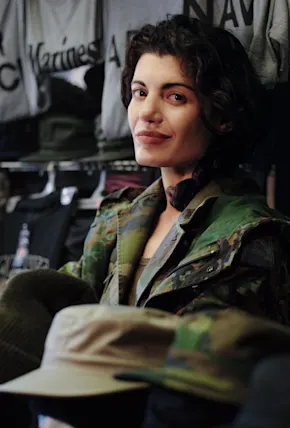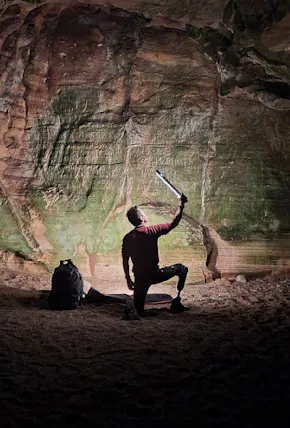When film director David Mesfin discovered that the first documented surfers were off the coast of Africa in 1640, nearly 200 years before anywhere else in the word, he was stopped in his tracks. The information stood contrary to the mainstream narrative most of know of surfings's origins—that it's rooted in Hawaii and Southern California. Often the only Black person in the water and the line up, Mesfin had never imagined that his people were some of the world’s first surfers. The discovery changed everything, giving him a sense of pride he’d never felt before as a Black surfer.
It also inspired Mesfin to create Wade in the Water: A Journey into Black Surfing and Aquatic Culture, a new documentary four years in the making, telling the history of Black surfers and their relationship with the water, past and present.
While Mesfin has spent the bulk of his career telling stories through commercial advertising he’d never made a documentary prior, or attempted to tell such a personal and dynamic story. But he knew he had to. His creative journey wasn't without hurdles and speed bumps, especially in finding distribution for the film. “Everywhere we went, people were like, no, not interested," he shares about his experience trying to get people on board with this very important story. "And this was post Black Lives Matter.”









